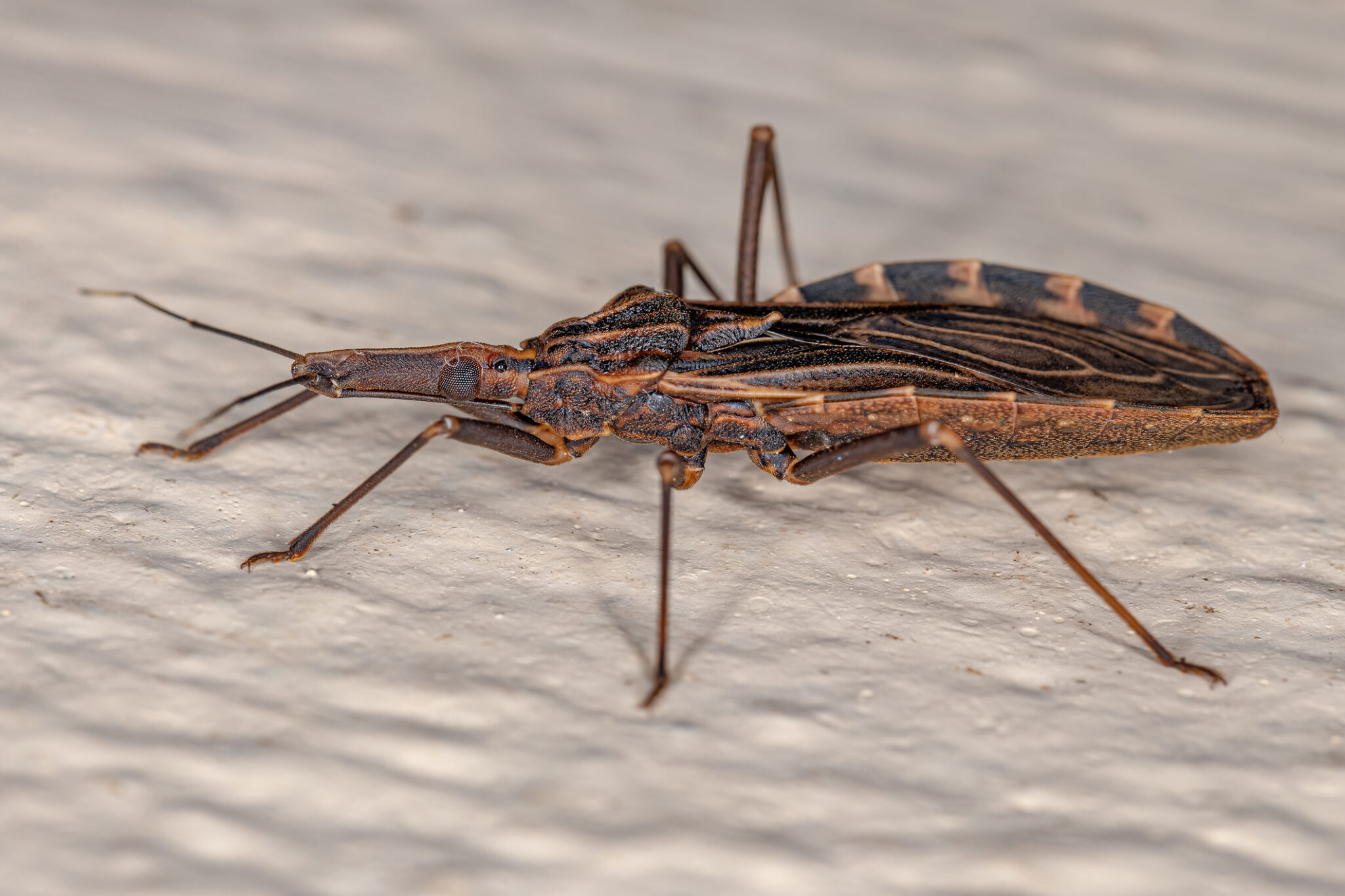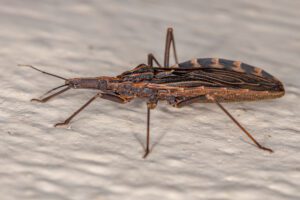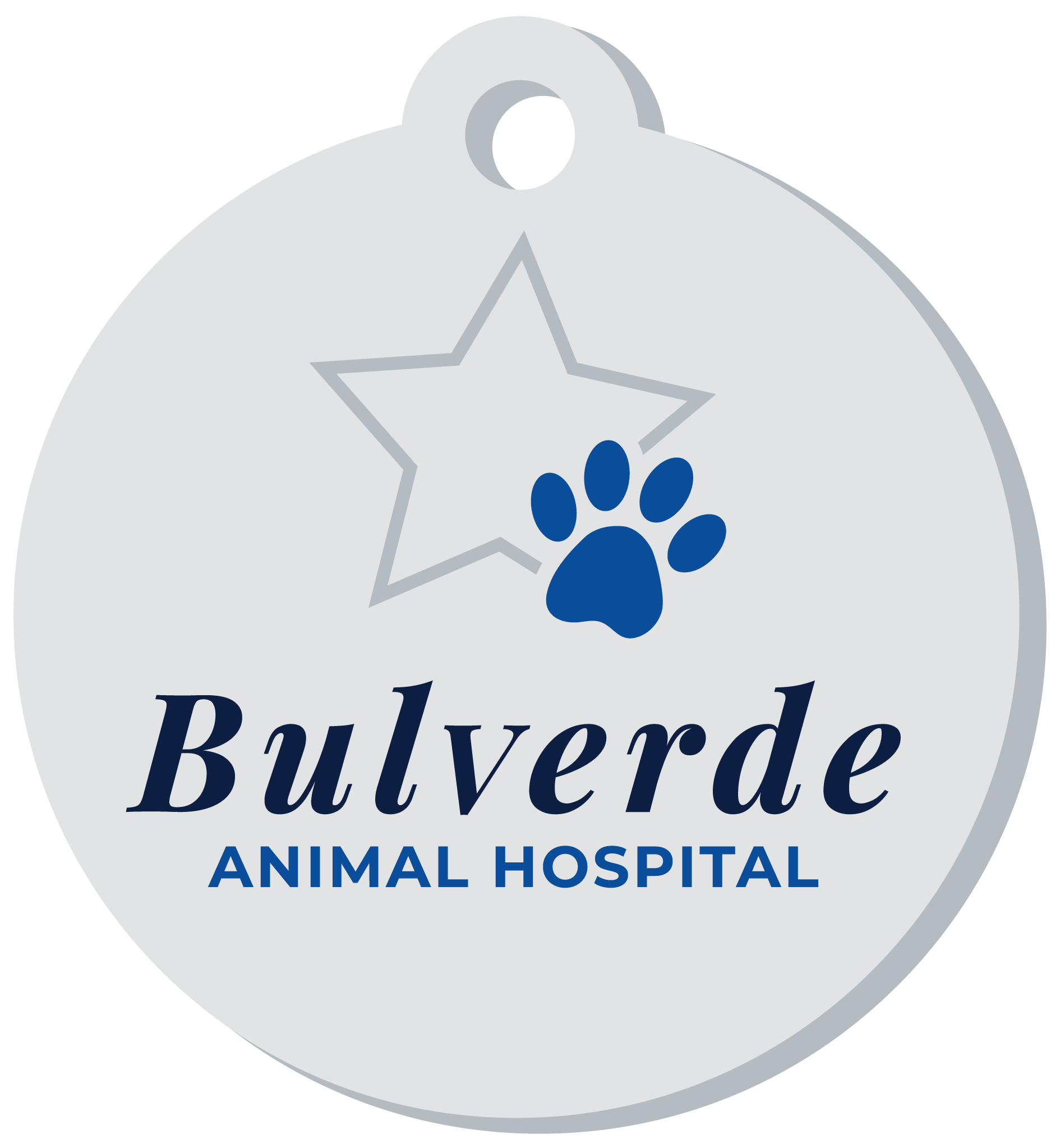What is Chagas Disease in Dogs?

What is Chagas Disease in Dogs?
Many dog owners have never heard of Chagas disease, and in most cases, will first learn about this ailment from their veterinarian. This is because this condition is not extremely well known in most parts of the world and is often underdiagnosed. Today, we’ll cover everything you need to know about Chagas disease, precautions you can take, and protecting your dog against this unusual condition.
Chagas disease is caused by a blood-borne parasite called Trypanosoma cruzi. This parasite is transmitted to mammals like dogs through kissing bugs, which are found in the Americas. This disease is most prevalent in Central and South America along with the Southern United States.
What is Chagas Disease in Dogs?
Chagas disease is caused by a blood-borne parasite named Trypanosoma cruzi. This parasite can infect the cardiovascular system of all mammals, including humans. Since these parasites infect the cardiovascular system, most symptoms associated with this disease are those that are also associated with heart disease.
How do Dogs Get Chagas Disease?
Dogs are most commonly infected with Chagas disease by being bitten by an infected kissing bug. They can also get the disease from eating an infected kissing bug.
How Common is Chagas Disease in Dogs?
It is estimated that about 8% of dogs have Chagas disease in areas where it is prevalent. Among that population, many dogs with Chagas disease are stray dogs that spend most of their time outdoors. This does not mean it is impossible for your dog to catch Chagas Disease, however!
Do All Kissing Bugs Carry Chagas Disease?
No, not every kissing bug will be carrying the parasite that is responsible for Chagas disease. However, it is estimated that up to 50% of all kissing bugs could be carrying and potentially spreading the disease. As a result, it is always a good idea to be careful.

What are the Symptoms of Chagas Disease in Dogs?
Many dogs infected with Chagas disease will not exhibit any symptoms at all. However, when dogs do exhibit symptoms of Chagas disease, they are usually reminiscent of heart disease. Here are some of the symptoms of Chagas disease in dogs for dog owners to look out for.
- Lethargy
- Not exercising or playing as they usually would
- A reduced appetite
- Having difficulty breathing (emergency)
- Very pale gums or blue-colored gums (emergency)
- A swollen stomach (emergency)
- Having difficulty walking or stumbling when walking (emergency)
As you can see, some of the symptoms of Chagas disease in dogs are very severe and life threatening. If you notice that your dog is struggling to breathe or is showing any signs of heart failure you should take them to the vet immediately.
Similarly, it is also a good idea to take your dog to the vet as soon as possible if they are showing any other signs of illness. This way they can be diagnosed and treated early on, preventing serious complications associated with Chagas disease.
How is Chagas Disease in Dogs Diagnosed?
When diagnosing your dog your vet will likely take a medical history and examine your dog first. Then, they will likely take antibody or PCR tests if they suspect Chagas disease. These tests will definitively diagnose your dog with Chagas disease if they have it.
However, it is important to mention that it takes some time for the Antibody test to come back positive. This is because it normally takes a dog’s body up to 21 days after infection to start having antibodies. As a result, you may need to come back in to take another antibody test if it comes back negative and your vet still suspects Chagas disease.
How is Chagas Disease in Dogs Treated?
Sadly, the only thing that can be done to treat the symptoms of Chagas is management of any issues that arise. For most dogs, this includes taking measures to treat heart disease that has been caused by Chagas disease.
Depending on your dog’s situation, a vet may prescribe anti-inflammatory medication, blood pressure medication, or a diuretic. This will help manage the dog’s heart disease and prevent any more damage from being inflicted on the body.
Can Chagas Disease be Cured in Dogs?
Unfortunately, Chagas disease cannot be cured once a dog has become infected. Luckily, most dogs show no symptoms of this infection throughout their lives. As a result, they will require no treatment at all to be healthy.
In the case of dogs that do exhibit symptoms of Chagas disease, the prospect of ridding the body of this parasitic infection would usually do more harm than good. This is because the drugs that are used to get rid of this parasitic infection put more damage on the heart and other parts of the body that have already been weakened by the Chagas disease.
Can Chagas Disease in Dogs Go Away on its Own?
No, Chagas disease will not go away on its own. Though most dogs exhibit no symptoms, they will still technically have a Chagas disease infection.
The symptoms of heart disease that are caused by Chagas disease will not go away on their own either, and they require veterinary treatment in order to be managed properly.
How to Prevent Chagas Disease in Dogs
There are some preventative medications that you can give your dog that are effective at preventing Chagas disease when administered properly. These preventative medications work in the same way that heartworm preventative medication works. Just give your dog the preventative medication once a month and they are protected. You only really need to do this if you live in or are visiting an area that has kissing bugs.
Is Chagas Disease in Dogs Life Threatening?
Chagas disease can be life threatening for dogs that develop heart disease because of the infection. For dogs that exhibit no symptoms of Chagas disease, the condition is generally not life threatening.
If you believe your dog may have Chagas Disease near Bulverde, TX, contact Bulverde Animal Hospital. Our veterinarians will investigate your dog’s symptoms and figure out if your dog has Chagas disease, and if they do, how to manage it. Give us a call today at (830) 438-7200, or request an appointment online.
Recent Posts
About Us
At Bulverde Animal Hospital, our ultimate goals are excellent service to clients, personal growth, and the professional development of our staff. We are a small clinic creating a significant impact on pets' lives.
